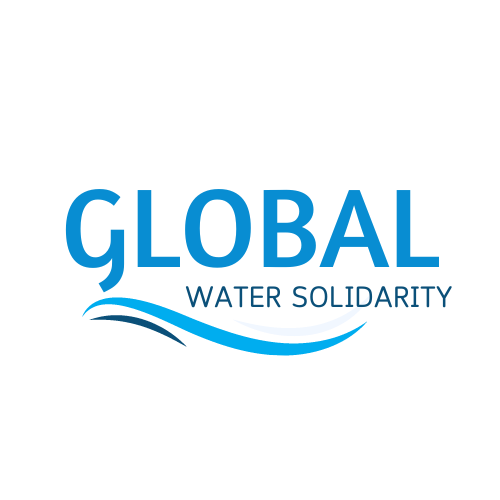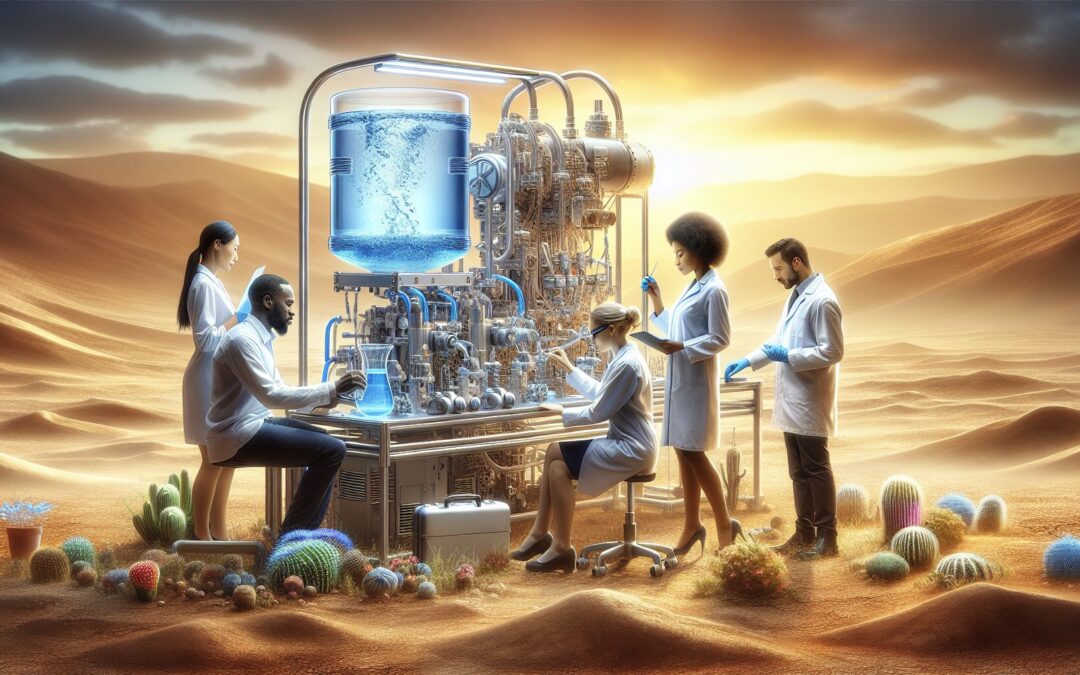Water is the most abundant natural resource on planet Earth, covering more than 70% of its surface. Ironically, only a meager 0.5% of all water is accessible and clean enough for human consumption [^1^]. The UN estimates that by 2025, nearly two-thirds of the world’s population could be living under water-stressed conditions due to climate change, overpopulation, and wasteful water usage [^2^]. This paints a fairly grim picture unless we find feasible solutions to resolve the global water crisis.
In this light, the role of technology becomes critical. It plays a significant part in managing water responsibly, ensuring its conservation, and enhancing its accessibility for all.
Harnessing Technology to Solve Water Crisis
Solving the water crisis is not just about finding or creating new sources of water supply but rather optimizing the utilization of existing water resources. To this end, innovative technologies are being explored to manage water resources more effectively and efficiently.
Transforming Wastewater to Potable Water
In many developed nations, wastewater recycling and reuse technologies have been implemented to convert wastewater into drinking water. Advanced treatment processes such as reverse osmosis, ultrafiltration, and nanofiltration, coupled with ultraviolet disinfection, convert wastewater into safe, potable water that exceeds the quality standards set by the World Health Organization [^3^].
Precision Irrigation Techniques
The agricultural sector consumes around 70% of the world’s freshwater. Therefore, technology-driven optimizations in agriculture can significantly reduce water wastage. One such technology is precision irrigation, which uses real-time weather data and soil moisture sensors to determine the optimal amount of water required by crops, enhancing agricultural yield while minimizing water consumption [^4^].
Smart Water Metering Systems
Smart water metering systems are key to reducing water wastage in residential areas. These systems can detect leaks, provide real-time water usage analysis, and suggest recommendations to consumers for reducing water consumption, leading to increased water use efficiency [^5^].
Overcoming Challenges with Emerging Tech Innovations
Despite these impressive strides in technology, there remain formidable obstacles in the path towards solving the global water crisis. Water treatment technologies, although effective, are expensive and energy-intensive, making them practically inaccessible for the underprivileged sections of society and developing nations. Similarly, smart metering systems require to be installed and maintained properly, which involves significant costs.
Emerging technologies like Artificial Intelligence (AI), Machine Learning (ML), and Internet of Things (IoT) promise to address these issues while bolstering the overall efficiency of water management systems.
AI and ML in Water Management
AI and ML can enable more accurate water consumption forecasts, identify abnormal water usage patterns, predict equipment failures, and even optimize the treatment processes. Water management companies are realizing the potential of AI and ML for streamlining their processes and enhancing efficiency.
IoT in Water Management
IoT enables real-time monitoring and management of water systems. Using IoT, water management systems can detect leakage, accurately measure water consumption, and improve operational efficiency by optimizing resource allocation and reducing downtime. With the cost of sensor technology falling, IoT devices are increasingly seen as a cost-effective solution for effective water management.
Final Thoughts
Harnessing technology to solve the global water crisis is our best bet given the growing water scarcity worldwide. While advanced water treatment technologies, precision irrigation techniques, and smart metering systems have achieved significant improvements in water management, there is plenty of scope for leveraging the potential of emerging technologies like AI, ML, and IoT.
However, technological advancements alone won’t be able to solve this crisis. It’s a three-pronged challenge that requires technological innovation, effective policy implementation by governments, and responsible water consumption by individuals.
Technology offers a ray of hope in solving the water crisis, but it needs to be harnessed judiciously. All stakeholders, from manufacturers of water technologies to consumers, should ensure that these advances serve their purpose, and that is to ensure water security for all, and for generations to come.
[^1^]: USGS – The Water in You
[^2^]: UN Water – Water Scarcity
[^3^]: WaterWorld – From Wastewater to Drinking Water
[^4^]: FAO – More Crop per Drop

